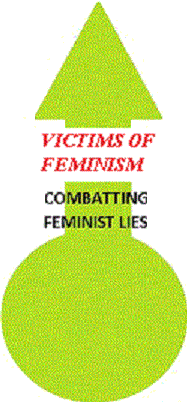Home > Issues > Language > Sequence of Letters to the Broadcasting Standards Authority on Feminist Linguistic Sexism -- Letter No. 1 |
||||||||||

|
Empowering Men:fighting feminist lies |
|||||||||
Sequence of Letters to the Broadcasting Standards Authority on Feminist Linguistic Sexism -- Letter No. 1© Peter Zohrab 2012 |
||||||||||